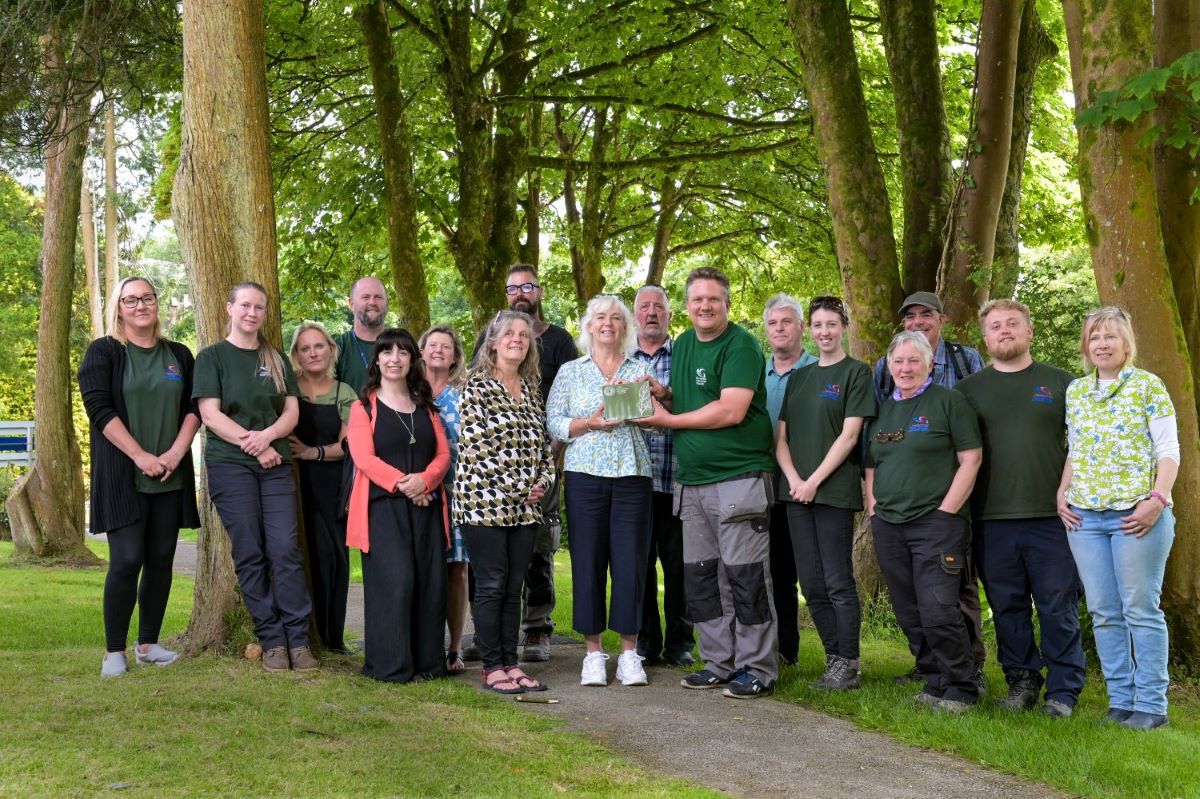Stoke on Trent College – Skills Ready, Future Ready

On Thursday 26th October, Stoke on Trent College held a special event to launch their new Strategic Plan, ‘Skills Ready Future Ready’. The plan sets out a clear vision for the future of the College to be the technical and professional college of choice for Stoke-on-Trent and Staffordshire and details the College values which have been developed by colleagues and learners.
The event was held at the Cauldon Campus in the recently opened Hammersley teaching restaurant and was attended by over 45 VIPs including local employers, civic partners, schools and partner organisations.
Attendees were treated to a delicious two-course meal, prepared and served by talented Hospitality & Catering students under the expert supervision of the teaching team.
With the learner firmly at the heart of the new strategy it sets out key ambitions and priorities for the next 3 years. Focused on achieving strong outcomes and progression for all learners, both young people and adults and regardless of their background or starting point and to help grow and develop a diverse and sustainable economy for the City of Stoke-on-Trent and beyond.
Lisa Capper MBE, Principal and CEO of Stoke on Trent College said:
“We are excited to present the next stage of our journey to our partner organisations, as we look ahead to 2026 and beyond. Through this strategy and by working collaboratively with our partners and stakeholders, our College and its committed team will continue to create local impact and deliver on its important role in the social well-being and prosperity of our communities. Our new vision will strengthen our position and ambition to become the technical college of Stoke on Trent.”
The strategy focuses on the opportunities presented for growing the local and regional economy, through the development of strong relationships with employers and businesses to support inward investment through a pipeline of skills, all designed to fulfil a shared social mission to eradicate poverty andworklessness as described in local skills plans set out by Staffordshire County Council, Stoke-on-Trent City Council and the Chambers of Commerce in their first Local Skills Improvement Plan.
Sara Williams OBE said
“Stoke on Trent College’s new strategic plan is leading the way to a thriving local economy and a brighter future for all learners in Staffordshire. The collaborative approach by Staffordshire Chambers and the College on the Local Skills Improvement Plan will help to transform skills and opportunities for the area – and it’s fantastic to see the LSIP feature so prominently in their new strategy.
Both the College’s strategy and the LSIP provide an exciting opportunity for the Chamber and the College to continue to work closely as partners, bringing together a wide range of employers to set out the key priorities and changes needed in the Staffordshire area to help ensure technical education and training is more closely aligned to employer and local labour market needs. I’m looking forward to seeing the impact on both Staffordshire learners and the wider business community”
All learners will benefit from the opportunities created by the growth of the economy in the City and new developments in industry. The introduction of four Skills Hubs and eleven Specialist Academies, along with £14.5m new investment underway in new buildings and facilities, will enable the delivery of a focused curriculum designed to drive opportunities in the priority sectors of Construction and Green Technologies, Engineering and STEM, Health and Social Care and Digital and Creative Industries skills to attract further jobs and roles to the local area.
Chair of Governors, Jeremy Cartwright said:
“Our College is progressive and vibrant, supporting learners to achieve ambitions, outcomes and careers. Building on the successful platform already created, this strategy outlines how we plan to progress even further and what we aim to achieve”
Through a commitment to lifelong learning, it is hoped the new strategy will tackle local inequalities, offer better life and work opportunities and will support a digitised and greener future, helping to bring about a skills revolution.










Responses